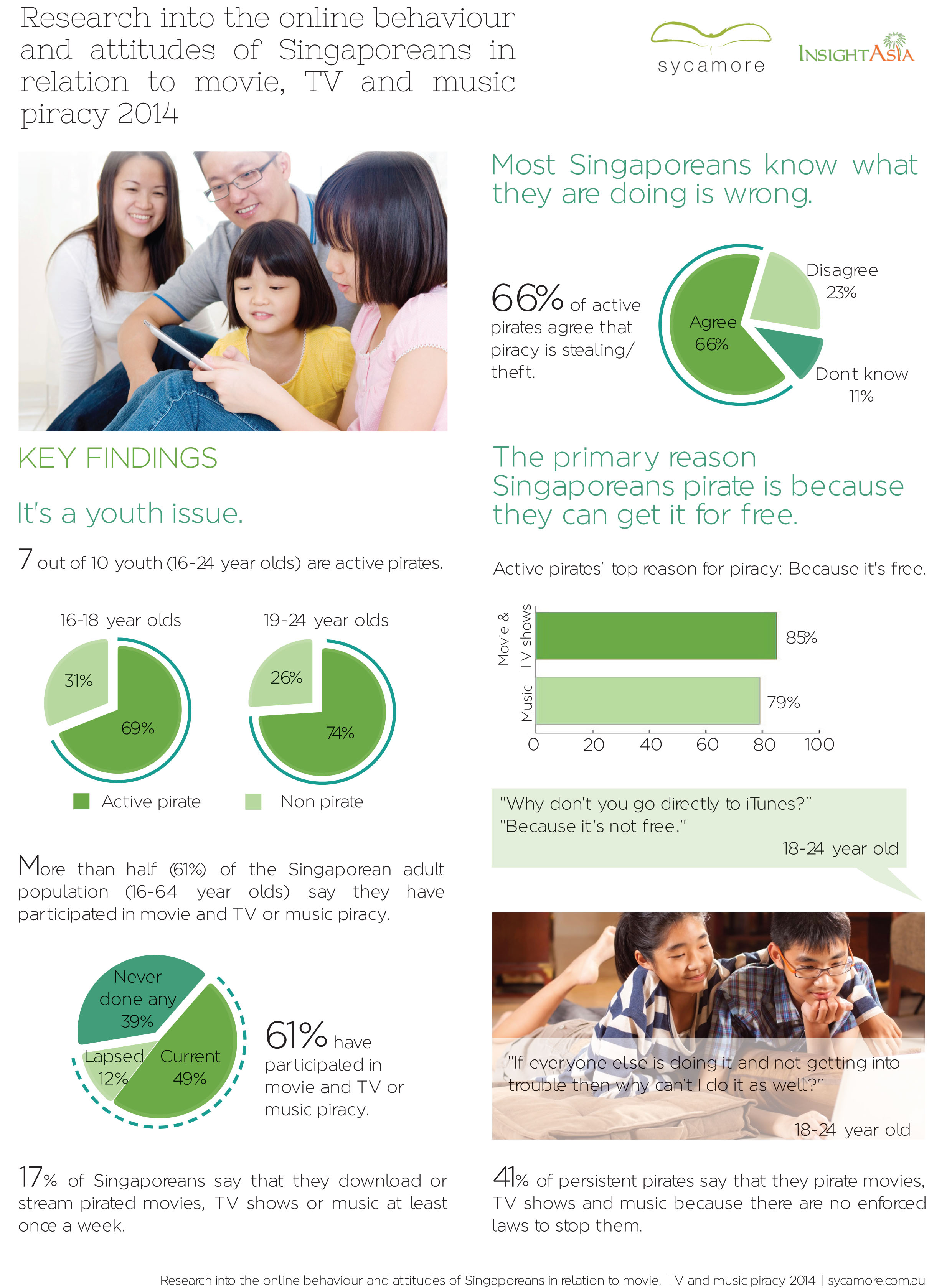A leading international expert in copyright law published a commentary on Hong Kong’s proposed approach to user-generated content (UGC), in which he concludes that “to guarantee safe harmony with international treaties”, the government is wise not to pursue a sweeping exception for UGC. Dr. Mihaly Ficsor is former Assistant Director (Copyright) of the World Intellectual Property Organization (WIPO), and his commentary can be found on the website of the Hong Kong Layer magazine, here.
“Netizen” advocacy groups in Hong Kong used the recent public consultation on exceptions for parody and political commentary to demand exceptions for all user-generated content, and they continue to press their case in the Legislative Council. The HK government’s legislative proposal rejected a sweeping exception and proposed more targeted exceptions to make sure there is no obstacle to parody and political commentary. Dr. Ficsor says this is the right approach: genuine parody is “a typical form of UGC creation” which deserves support through “fine-tuned exceptions”, but “the concept of UGC is too broad and vague” and a broad exception will likely conflict with WIPO’s own treaties and their “three-step test” for copyright exceptions.
While netizens groups propose simple-sounding safeguards, they are frequently unworkable. Dr. Ficsor observes that, for example, just stating that UGC should be excepted as long as it has no commercial purpose doesn’t cut the ice, as “even if the (user-generated) adaptation does not generate profit for its creator, the websites on which UGC adaptations are included are themselves usually profit-oriented (based, in general, on advertisement money).”
Noting that the European Union (among other governments) recently also rejected proposals for a broad UGC exception, Dr. Ficsor says “there does not seem to be any real need to legislate on UGC.” The situation is hardly different in Hong Kong from the EU, he says, where a just-published White Paper notes: “There is a lack of evidence that the current legal framework for copyright puts a brake on or inhibits UGC (absence of ‘chilling effect’)”. On the other side, a broad exception for secondary adaptations risks damaging primary creation: “Possible exceptions aimed at facilitating secondary productions must not endanger the sustainable creation and production of the primary works,” says Dr. Ficsor.
For those following the political dialectic in the Hong Kong legislature, the commentary is worth reading in its entirety.

